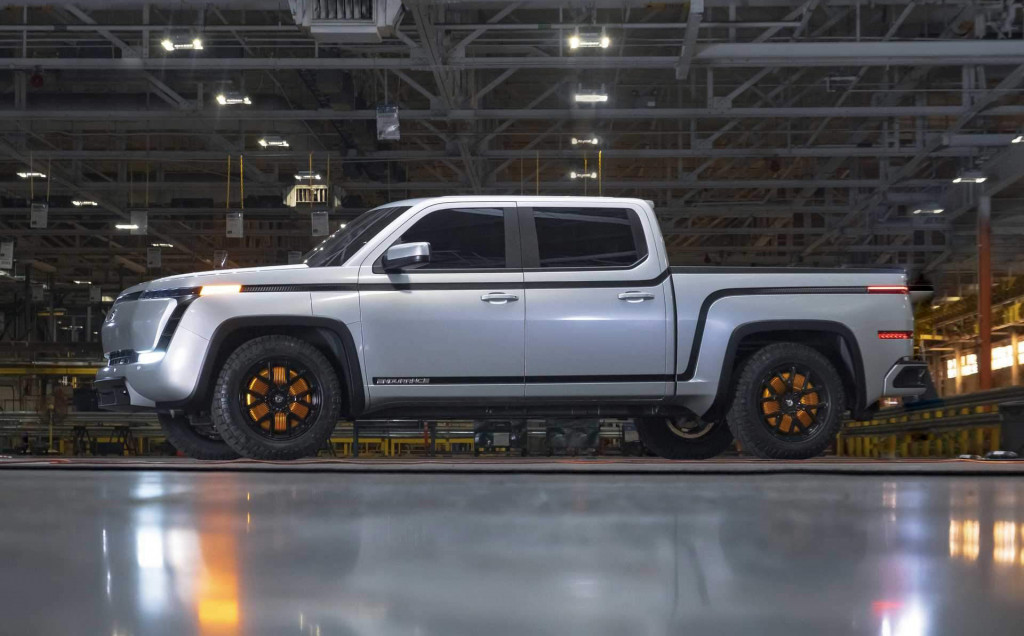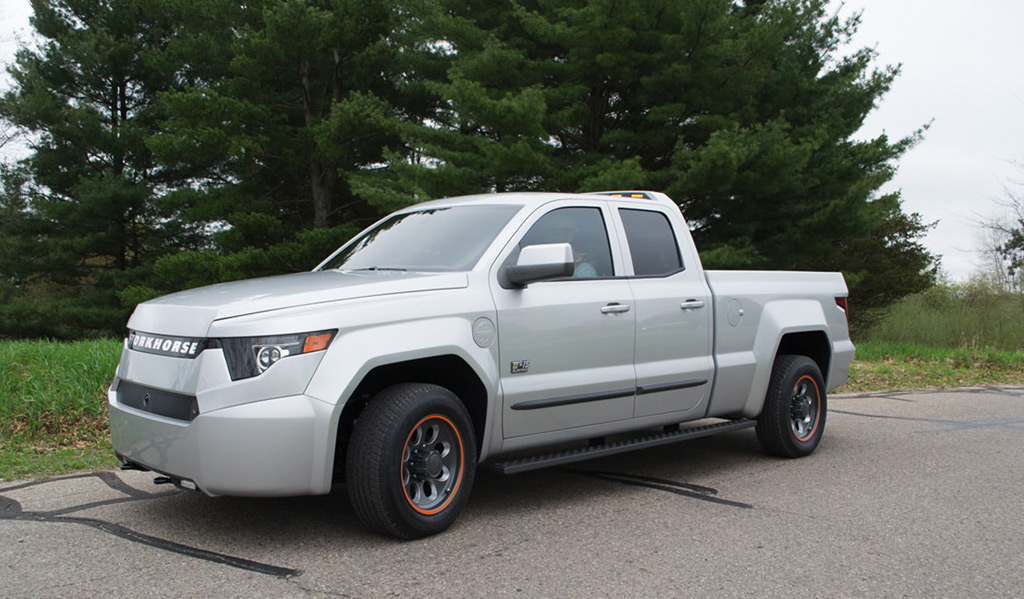Lordstown CEO out as report confirms order scandal, deems in-wheel motors “viable”
The Ohio-based electric vehicle startup Lordstown Motors announced Monday morning that both CEO Steve Burns and CFO Julio Rodriguez are stepping down from their posts.
The timing corresponds to the release of a special committee investigation that was created in March, after a report released by an activist short-seller, Hindenburg Research cried foul about allegedly inflated order claims and much more. The change in leadership also arrives less than a week after Lordstown signaled steeper financial challenges.
The investigation, released Monday, was completed for the Lordstown Motors Board of Directors by the law firm Sullivan & Crowell LLP, with assistance from “a leading automotive consulting firm.”

Lordstown Endurance
“Lordstown Motors made periodic disclosures regarding pre-orders which were, in certain respects, inaccurate,” the report for the board of directors stated, pointing to the potentially unintended sales to fleet management companies and so-called “influencers” that acted as strategic partners.
There and elsewhere it appears to validate Hindenburg’s claims regarding fictitious orders: “One entity that provided a large number of pre-orders does not appear to have the resources to complete large purchases of trucks. Other entities provided commitments that appear too vague or infirm to be appropriately included in the total number of pre-orders disclosed.”
In other areas, the report does not see Hindenburg’s claims as valid. The special committee noted that while Lordstown’s in-wheel hub-motor technology hasn’t yet been used at scale in passenger vehicles, it is “viable.”

Lordstown Endurance
“The Endurance was engineered to address the unsprung vehicle mass attributable to in-wheel motors, including through tuning of the suspension, reinforcing the vehicle structure, and utilizing a heavier truck chassis,” it explained. “These measures are expected to alleviate any ride or durability issues that might otherwise arise.”
Ford, on the other hand, was eager to tell us last month why it had chosen not to use in-wheel motors in its F-150 Lightning electric truck—because of performance and durability concerns, partly.
Burns the “driver” of the business plan
The loss of Burns is especially surprising, considering the company itself placed so much emphasis on his importance in last week’s filing.
“We are highly dependent on the services of Stephen S. Burns, our Chairman of the Board and Chief Executive Officer, and our largest stockholder,” it explained. “Mr. Burns is our founder and a significant influence on and driver of our business plan. If Mr. Burns were to discontinue his service to us due to death, disability or any other reason, we would be significantly disadvantaged.”

Workhorse W-15 extended-range electric pickup truck
Burns has intimate knowledge of the fleet market. His previous company, Workhorse, built hybrid delivery trucks for customers that included UPS, DHL, Ryder, and others, and had prepared its own production-bound electric truck, the W-15. But Workhorse encountered its own criticisms over the viability of the business under Burns.

2022 Ford F-150 Lightning Pro
Burns last month argued that the reveal of the Ford F-150 Lightning and the market’s strong reception were good indicators that validated Lordstown’s business model and product sense.
But with F-150 Lightning deliveries due next spring, Lordstown might not be able to afford any more hiccups—even those that allow it to afford ramping up production.

